International Criminal Court
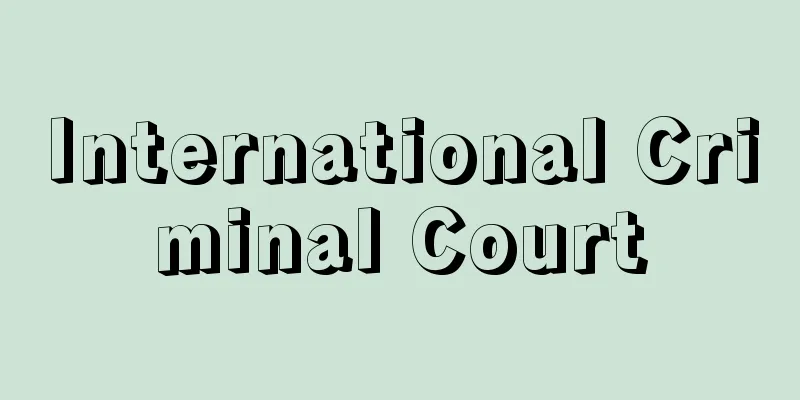
|
Abbreviation: ICC. The first permanent international court established to prosecute and punish individuals for serious international crimes. There was no such court before World War II. The Genocide Convention mentions the establishment of an International Criminal Court, but it was never established in reality. Limited examples include the International Military Tribunals established in Nuremberg and Tokyo after World War II, the International Criminal Tribunal for the Former Yugoslavia established in The Hague (Netherlands) in 1993 by UN Security Council resolution to punish violations of humanitarian law, and the International Criminal Tribunal for Rwanda established in Arusha (Tanzania) in 1994. In 1989, the UN General Assembly requested the International Law Commission to consider the establishment of a general ICC. Based on the draft statute prepared there, a diplomatic conference was held in Rome in June 1998, and on July 17, the Treaty Establishing the ICC was adopted by 120 votes in favor, 7 against, and 21 abstentions. The contents of the treaty cover the organization, substance, and procedures in general. The crimes covered are genocide, war crimes, and crimes against humanity, and if the definition of the court's jurisdiction is approved, the crime of aggression will also be added. In addition, crimes covered by treaties such as terrorism and narcotics are excluded. The court is based on the principle of complementarity, which means that the country where the crime was committed and the country of the suspect's nationality have the right to punish the crimes covered, but if this is not exercised, the ICC will act. The court is composed of 18 judges (with a term of nine years) and is divided into a preliminary, first instance, and appellate chambers. When an incident occurs, a case may be referred by the country concerned or the Security Council, and the Prosecutor may also initiate an investigation on his own initiative. If the Court's jurisdiction is affirmed, the Court will begin substantive hearings, but each case is heard by a chamber consisting of six or more judges. The Court has jurisdiction if either the country where the crime was committed or the suspect's country of nationality has accepted it. The only sentence that can be imposed is imprisonment, with the death penalty excluded. However, fines and additional collection measures may be added. Sentences are carried out in one of the contracting states, but if no state accepts the case, they will be carried out by the Netherlands, home to The Hague, where the ICC headquarters is located. The Treaty establishing the Court came into force in July 2002. Japan joined the Court in October 2007, and has sent judges to the Court twice up until 2010. [Shigeki Miyazaki] "Kuniji Shibahara, "The Establishment of the International Criminal Court" (Law Classroom, No. 194, 1996, Yuhikaku) " "Tsune Owada et al., "The Establishment of the International Criminal Court" (Jurist, No. 1146, 1998, Yuhikaku) " "Kazutaka Konagaya, "An Introduction to International Criminal Trials" (1999, Shogakusha)" [References] | | | | | | Crimes | |Source: Shogakukan Encyclopedia Nipponica About Encyclopedia Nipponica Information | Legend |
|
略称ICC。個人の重大な国際犯罪を訴追・処罰するために設置される初の常設の国際的裁判所。第二次世界大戦前にはこの種の裁判所はなかった。ジェノサイド条約(集団殺害罪禁止条約)で国際刑事裁判所設置に言及しているが現実には設置されなかった。限定的なものとしては、第二次世界大戦後ニュルンベルクと東京に設置された国際軍事裁判所、人道法違反行為処罰のため国連安全保障理事会決議により1993年ハーグ(オランダ)に設置された旧ユーゴ国際刑事裁判所、同じく1994年アルーシャ(タンザニア)に設置されたルワンダ国際刑事裁判所がある。 国連総会は、1989年国際法委員会に一般的なICCの設立について検討するよう要請し、そこで作成された規程草案に基づき1998年6月ローマで外交会議を開催、7月17日ICC設立条約を賛成120、反対7、棄権21で採択した。その内容は、組織、実体、手続の全般にわたる。対象犯罪は、集団殺害、戦争犯罪、人道に対する罪とし、裁判所の管轄権の定義が承認されれば侵略の罪も加わることになる。また、テロ、麻薬など条約上の犯罪は除かれた。対象犯罪について、犯罪地国と被疑者国籍国が処罰権をもつが、それが行使されない場合にICCが行動するという補完性の原則にたつ。裁判所は18人の裁判官(任期9年)からなり、予審、第一審、上訴裁判部に分かれる。 事件が発生した場合、関係国による付託のほか、安保理も付託でき、検察官も職権により捜査を開始できる。裁判所の管轄権が肯定されれば裁判所は実質審理に入るが、個々の事件は6名以上の裁判官によって構成される裁判部で審理される。犯罪地国か被疑者国籍国のいずれかが受諾していれば裁判所は管轄権をもつ。言い渡される刑は拘禁刑のみで死刑は除かれている。ただし罰金や追徴措置を付加できる。刑の執行はいずれかの締約国において行われるが、引受国がない場合にはICC本部が置かれるハーグが属するオランダが執行する。 設立条約は2002年7月に発効した。日本は2007年10月に加盟し、2010年まで2回裁判官を送り出している。 [宮崎繁樹] 『芝原邦爾「国際刑事裁判所の設立」(『法学教室』194号所収・1996・有斐閣)』▽『小和田恒他「国際刑事裁判所の設立」(『ジュリスト』1146号所収・1998・有斐閣)』▽『小長谷和高著『国際刑事裁判序説』(1999・尚学社)』 [参照項目] | | | | | | | |出典 小学館 日本大百科全書(ニッポニカ)日本大百科全書(ニッポニカ)について 情報 | 凡例 |
<<: International Criminal Law
>>: International Criminal Police Organization (ICP)
Recommend
Castration anxiety
...A psychological reaction to parents' intim...
Gynura bicolor - Gynura bicolor
A perennial plant of the Asteraceae family, native...
Integer -
The natural numbers 1, 2, 3, ... and their negati...
Villoldo, A. (English spelling) VilloldoA
...Also, the influence of the Italian immigrants ...
Petralona man
An archaic human discovered in 1960 in the Petralo...
Chinchila
...The following breeds have been established for...
Gyeongsang Province
A region in the southeastern part of the Korean pe...
Lena [river] - Lena
A large river in Eastern Siberia, Russia. Total le...
Conrad, AH (English spelling) ConradAH
…It took many years and enlightenment efforts by ...
Gustum
…Romans generally had bread and cheese for breakf...
Carapace - Carapace
…It is also called red clay. Depending on the deg...
Afro-Asiatic languages
A name proposed by American linguist J. H. Greenb...
Alexander [Islands] - Alexander
An archipelago in the southeastern part of the U.S...
Social overhead capital
Generally, it refers to public capital stock (the...
Local infiltration anesthesia
...Reversibly blocking a portion of the periphera...

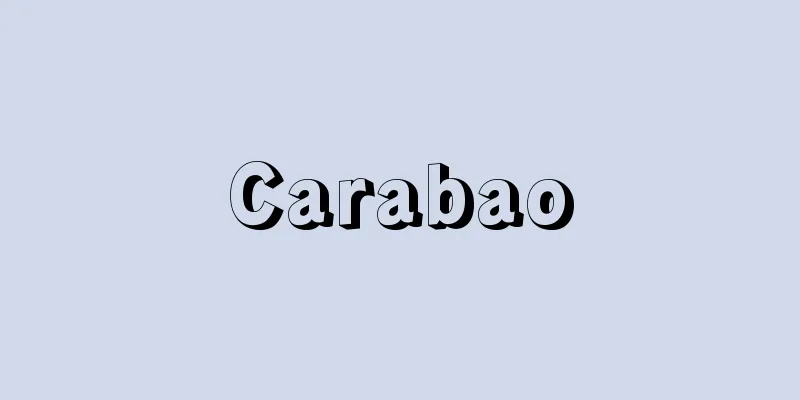


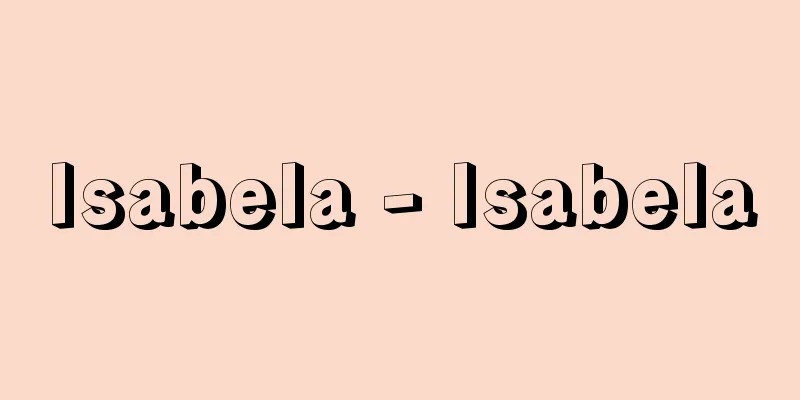
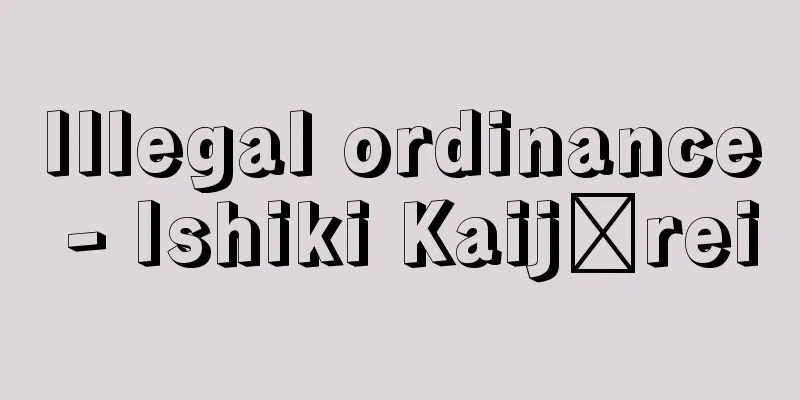
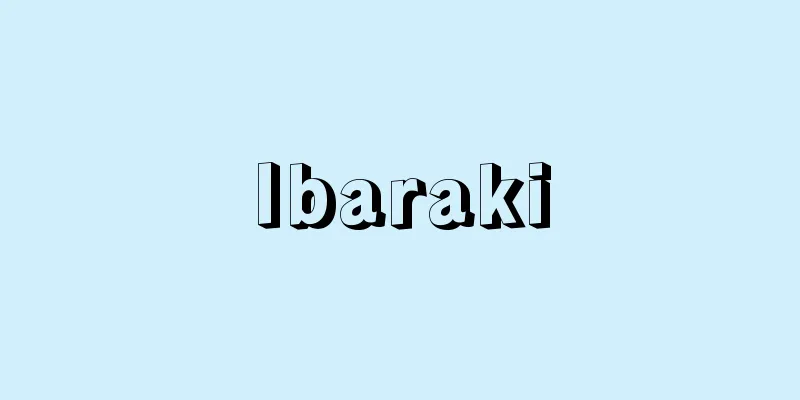
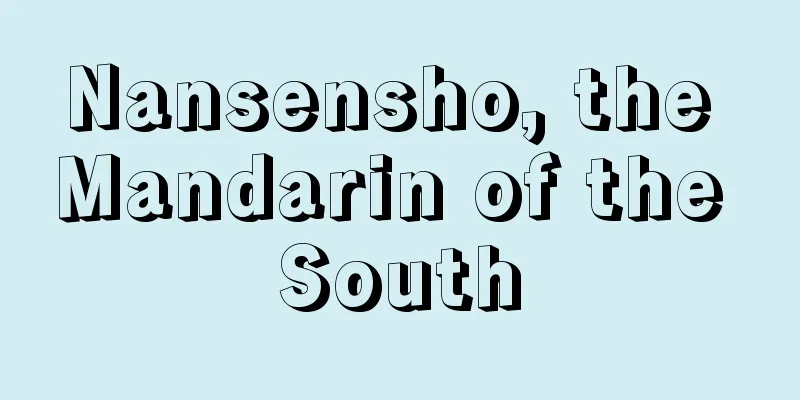
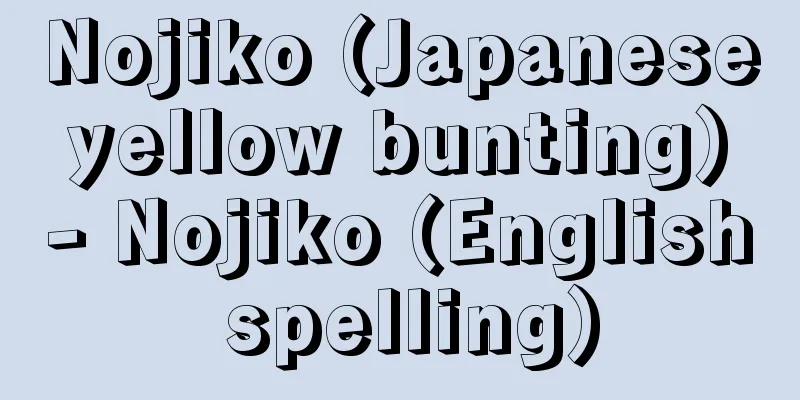
![Victoria [Island] - Victoria](/upload/images/67cc9ae6f4193.webp)